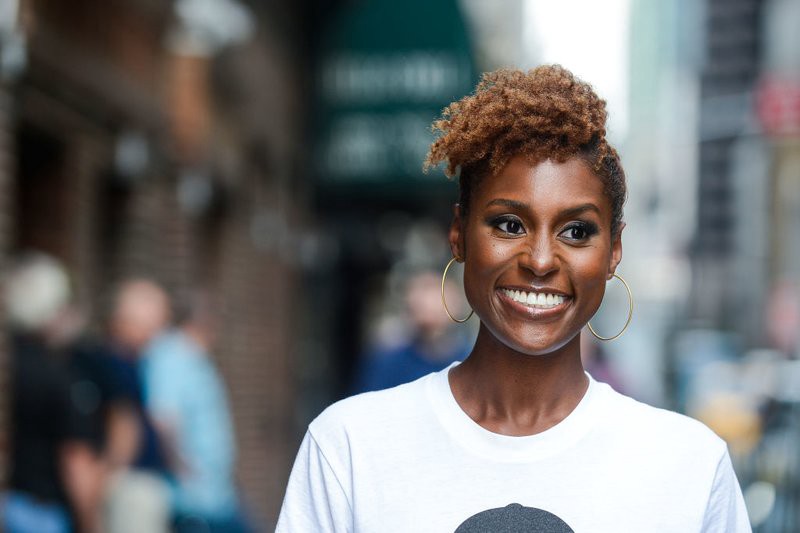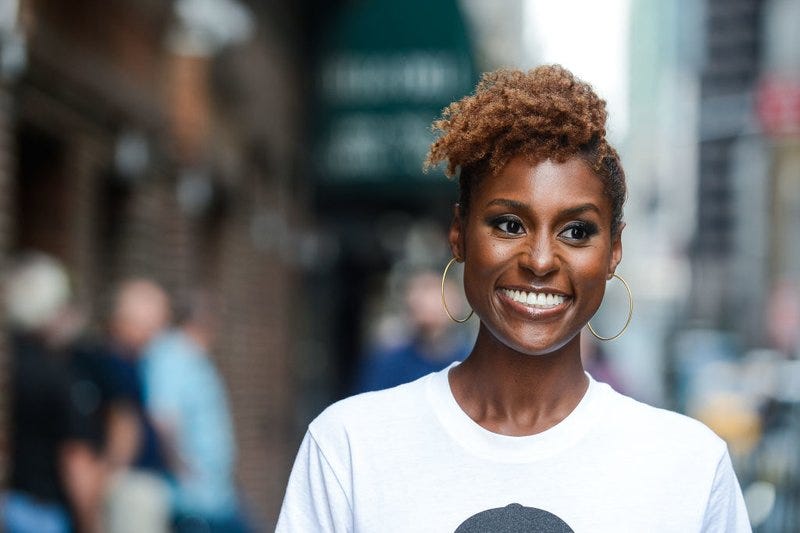
Businesses Don’t Have a Diversity Problem, They Have a Race Problem

Every week it gets harder and harder for me to turn on my television and computer in fear of what I may find on the latest advertisement or see in the latest social media post. It seems as the year goes by more and more brands are “missing the mark” as it relates to gender, sexual orientation and most importantly RACE.
Over the last year social media has been ablaze in the African American community over brands from Pepsi to Shea Butter and now even Dove over insensitive commercials that seem to always have a racial undertone targetted directly at African American women.
Many diversity and inclusion activists have called for a more diverse “table” at some of these major corporations but in many cases diversity only includes more women, more LGBTQ and even more employees from different countries. It has become very rare for companies to hire more African American women as decision makers despite these companies inability to effectively communicate their messages to us. Why? Because many businesses throughout the country have a race problem.
Let’s address the elephant in the room.
Black women aren’t just underrepresented in the highest levels of business leadership. As of this year, they are all but unrepresented. African-American women make up just 1.5% of senior-level executives in the private sector and currently there are no African American women serving in the CEO capacity for Fortune 500 businesses.
This statistic is heartbreaking given that a Nielsen Report recently revealed that African American women are not only the fastest growing group of entrepreneurs but that they also control the buying power in the United States.
Some other key findings:
- 64% of black women agree their goal is to make it to the top of their profession (95% higher than non-Hispanic white women)
- 55% agree a company’s environmental record is important in their purchasing decisions (13% higher than non-Hispanic white women)
- 58% agree that they don’t mind giving up their personal time for work (20% higher than non-Hispanic white women)
- 49% of black women say that they enjoy learning about financial products or services from others, and that they regularly read financial news or financial publications (34% higher than non-Hispanic white women)
- 59% of Black women agree they are willing to pay more for a product that is environmentally safe (2% higher than non-Hispanic white women)
- 58% agree they are willing to give up convenience in return for a product that is environmentally safe (13% higherthan non-Hispanic white women)
- Black donors gave away 25% more of their incomes than white donors, and nearly two-thirds of black households make charitable donations, worth a total of about $11 billion per year. (Stat courtesy of W.K. KelloggFoundation and Rockefeller Philanthropy Advisors)
Corporations can’t afford not to pay attention to black women online anymore.
Want to learn more about you can fix the race problem in businesses? Come join us at www.blackgirlgroup.com a micro job site designed to connect African American women freelancers to companies seeking to create engaging and effective content for African American audiences.
